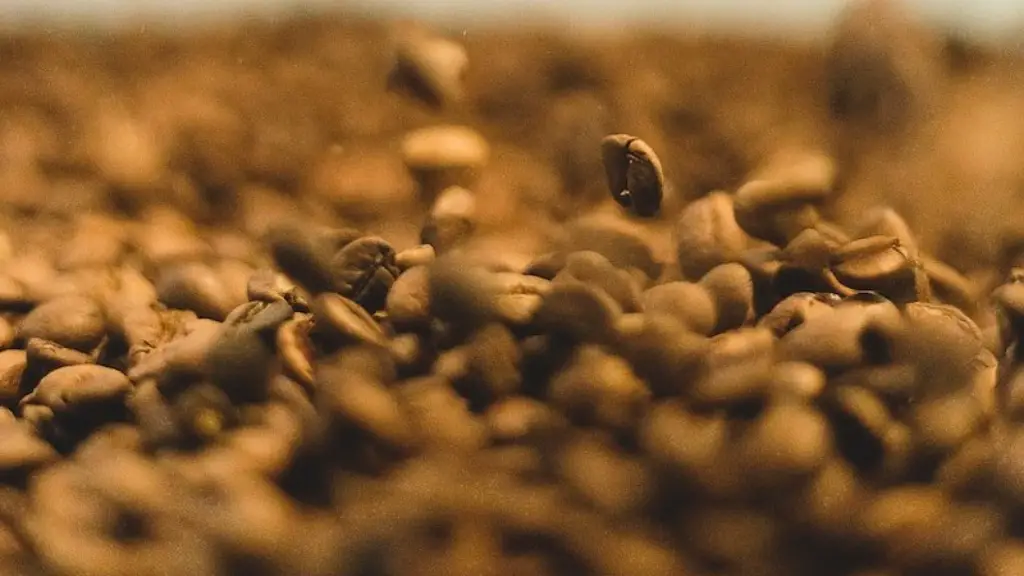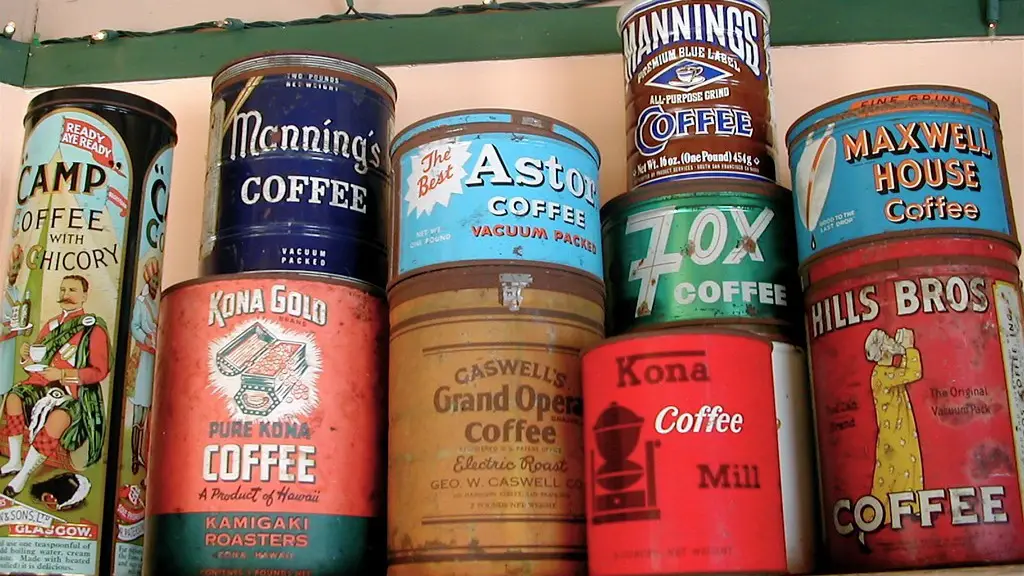Should I Drink a Cup of Coffee While Breastfeeding?
Answer to this question is not simple as it depends on many factors such as your daily intake of coffee, whether your baby is sensitive to the caffeine, and how much you drink. This article examines each factor to determine if you should or shouldn’t drink coffee while you’re breastfeeding.
Background Information
Caffeine is a stimulant drug found in coffee and other beverages. It passes quickly through your body and into your breast milk. Depending on your body, it can stay in your milk for about 3-4 hours.
Caffeine may pass into your baby’s system, and too much caffeine can cause them to become irritable, have trouble sleeping, or not gain weight. That being said, most experts agree that a moderate amount of caffeine won’t affect your baby.
Recommended Intake
Most experts agree that a breastfeeding mother can safely and moderately consume 1 cup of coffee a day. That being said, it is not recommended to drink more than 1 cup of coffee a day, or to drink other drinks that contain caffeine, such as tea, energy drinks, and soda.
In addition, if your baby is sensitive to caffeine, you should avoid it altogether. If you’re not sure if your baby is sensitive to caffeine, try cutting back on your intake and watching out for any changes in their behavior. If you see any changes, you should stop drinking coffee altogether.
What are the Alternatives?
If you’re a coffee lover and you want to avoid drinking it while breastfeeding, there are other options. For example, you can opt for decaffeinated coffee, chicory-based beverages, and herbal teas.
Decaffeinated coffee contains 97-98% less caffeine than regular coffee. Chicory-based beverages also contain very low levels of caffeine, and many herbal teas contain none. These are great options for those who want to enjoy something similar to coffee without the caffeine.
Tips for Drinking Coffee While Breastfeeding
If you decide to drink 1 cup of coffee while breastfeeding, here are tips for staying safe:
- Drink your coffee first thing in the morning, when your body can quickly metabolize the caffeine.
- Don’t go over 1 cup of coffee per day.
- Avoid drinking other caffeinated beverages and keep an eye on how much caffeine you’re consuming.
- Stay hydrated by drinking plenty of water in between meals.
Consequences of Too Much Caffeine
Caffeine is a drug, and like other drugs it can be dangerous if you consume too much. Too much caffeine can cause anxiety, headaches, and even insomnia. In addition, you may experience a decreased milk supply due to the depletion of electrolytes and micronutrients.
If you experience any of these symptoms, you should immediately stop drinking coffee and contact your doctor. It is always better to be safe than sorry.
Effects of Caffeine on Baby
The effects of caffeine on your baby depend on their age and sensitivity. Generally speaking, younger babies are more sensitive to caffeine and its effects. Therefore it is important to keep an eye on your baby for any changes in behavior.
Signs that your baby may be sensitive to your intake of caffeine include fussiness, trouble sleeping, poor weight gain, and irritability. If you notice any of these signs, you should immediately stop drinking coffee and contact your pediatrician.
Caffeine and Breast Milk Supply
Research has shown that drinking coffee can lower your breast milk supply, as the caffeine may temporarily reduce the amount of prolactin in your body. Prolactin is responsible for producing breast milk, and if you’re experiencing a decreased supply of breast milk, reducing your intake of coffee can help.
If you’re trying to increase your breast milk supply, it is best to avoid caffeinated beverages. Instead, opt for decaffeinated coffee, herbal teas, and other non-caffeinated drinks.
Tips to Reduce Caffeine Intake
If you decide to quit drinking coffee while breastfeeding, here are some tips you can use:
- Swap coffee for decaffeinated coffee, chicory-based beverages, and herbal teas.
- Drink plenty of water and avoid sugary drinks.
- Reduce your intake of caffeine gradually instead of quitting cold turkey.
- Give yourself a reward for every cup of coffee you forgo.
Conclusion
Ultimately, the decision to drink coffee while breastfeeding is a personal one and depends on your daily intake of caffeine, your baby’s sensitivity, and how much you drink. Most experts believe that drinking one cup of coffee a day is safe, but you should be aware of the potential risks and reduce your intake if you notice your baby is sensitive to the caffeine.




